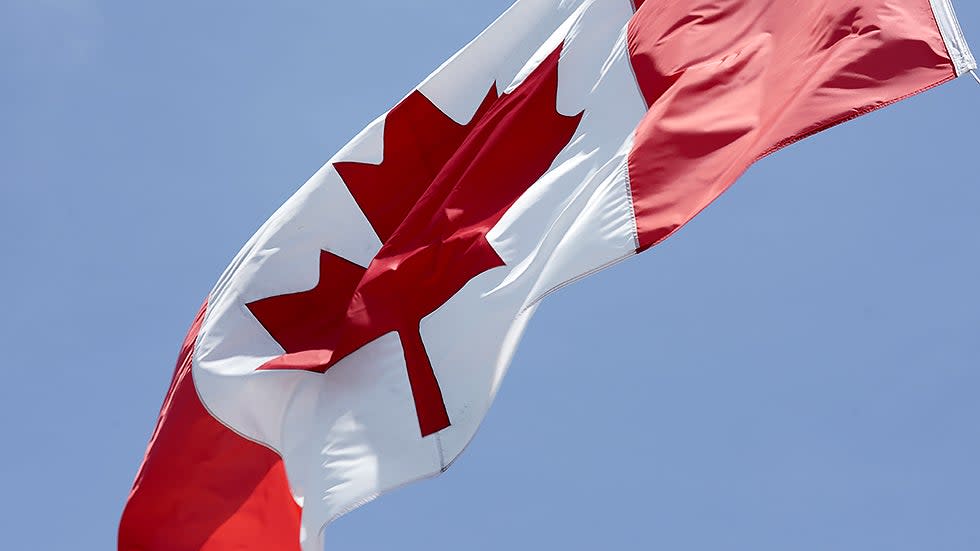Canada reports North America's first cases of omicron COVID-19 variant

Canadian health officials reported two cases of the COVID-19 omicron variant on Sunday, confirming for the first time that the variant has spread to North America.
The cases were found in two people who had recently been to Nigeria, according to a statement from health officials in Ontario, where the cases were detected.
"As the monitoring continues, it is expected that other cases of this variant will be found in Canada and other countries," the Public Health Agency of Canada said in a statement.
"Canadians are reminded that vaccination, in combination with public health and individual protective measures, is working to reduce the spread of COVID-19 and its variants in our communities," it added.
The news from Canada comes after Dr. Anthony Fauci, the top infectious disease expert in the U.S., said the omicron variant will inevitably arrive in the United States.
Since being discovered in South Africa, the omicron variant has since spread to neighboring African countries and a number of other nations, including Germany, Italy, the United Kingdom, Belgium, Hong Kong and Israel.
Canada on Friday restricted travel from Southern Africa, where the first cases of the variant were reported, imposing stricter re-entry protocols for Canadians and barring foreign nationals who have visited the region in the previous 14 days.
The U.S. on Monday will implement travel restrictions for travelers from South Africa, Botswana, Zimbabwe, Namibia, Lesotho, Eswatini, Mozambique and Malawi.
South African President Cyril Ramaphosa on Sunday called travel restrictions being placed on the country and region "unjustified."
Even as countries like Canada and the U.S. take emergency actions to prevent the spread of omicron, health officials say much remains unknown about the virus.
Fauci has said it will be two weeks before scientists have a better understanding of the virus to inform public health decisions.
The WHO has named omicron a "variant of concern" but also criticized the "heavy burden" of travel restrictions being placed on African countries.

